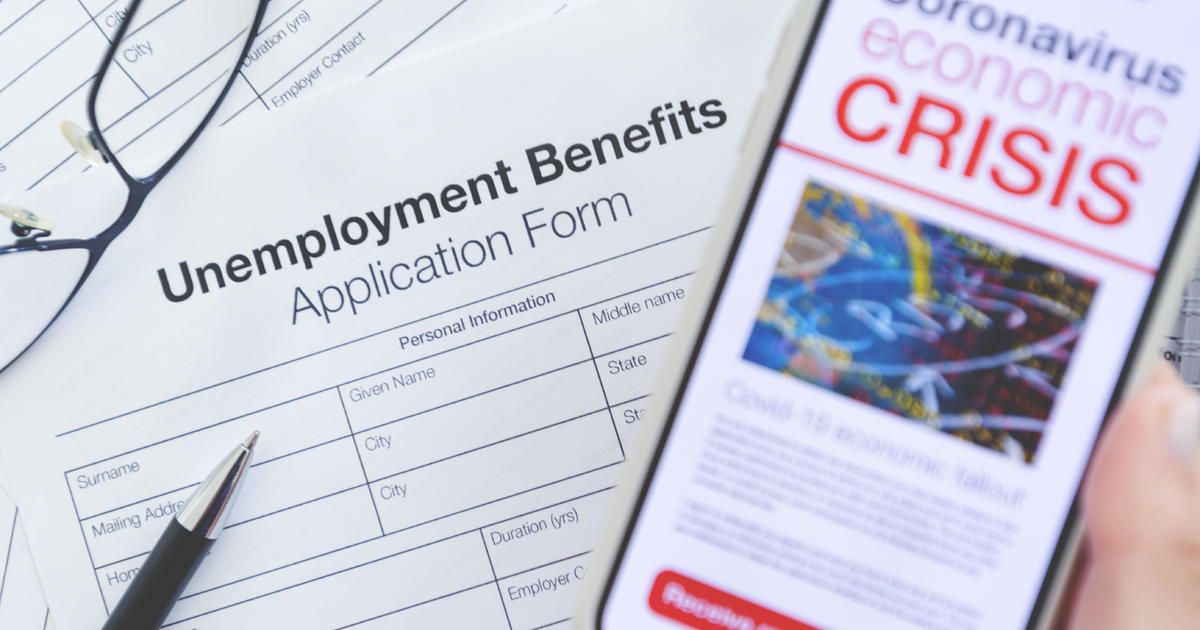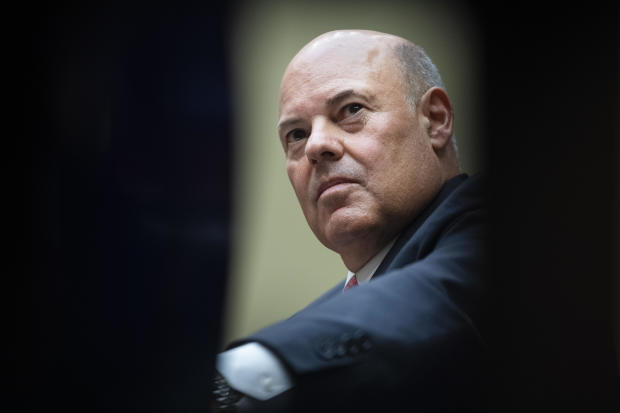
Muhammad Ifzal, 42, lost his job as a medical lab technician a few months before the pandemic. And when the crisis shuttered the economy, it was difficult to find work because medical procedures slowed down. The Irving, Texas, resident said he’s now dealing with another unexpected shock — an early end to enhanced unemployment benefits in his state.
“I was so depressed,” Ifzal said, who will lose all his benefits on June 26. That’s when Texas is terminating several programs created by Congress to help millions of workers who lost their jobs due to the pandemic. “We didn’t expect this kind of news. It was expected to go through September 4.”
Texas is one of 25 states — all with Republican governors — that have opted to curtail enhanced unemployment benefits two months early, citing difficulties being reported by some employers in finding workers. Lawmakers who are shutting off benefits early have typically pointed to the hiring needs of newly reopened businesses in hospitality, such as restaurants, that are finding a smaller pool of job candidates.
In some cases, restaurant workers have shifted to other industries, but some hospitality industry workers are still sidelined due to child care issues or health concerns. Many other unemployed workers with years of experience in other industries, such as medicine and education, tell CBS MoneyWatch that finding a job isn’t as easy as their elected leaders suggest.
4 million Americans to lose benefits
About 1 in 4 U.S. workers now on unemployment will lose their benefits early through the actions of these 25 states, according to Andy Stettner, a labor expert at the left-leaning Century Foundation. That amounts to about 4 million workers facing an end to all or most of their jobless aid as soon as June 12.
In Ifzal’s case, he will lose all of his unemployment assistance because he’s on the Pandemic Emergency Unemployment Compensation program, or PEUC, which was created last year to provide extra weeks of benefits after regular state jobless aid comes to an end. Most states only provide 26 weeks of benefits. Once the PEUC program ends in Texas on June 26, Ifzal won’t qualify for additional jobless aid.
Ifzal said it’s still hard to find work in his field and that landing a lower-paid job in an industry unrelated to his experience won’t help him in the long run. He started a petition to ask Texas Governor Greg Abbott to reconsider his decision to end unemployment benefits, which has received more than 9,000 signatures and comments. Many are from people who can’t find jobs in their fields, including the oil and gas industry, which lost more than 100,000 jobs in the pandemic.
“I have worked 11, 12 years in my field and it doesn’t make any sense to find a job at McDonald’s,” Ifzal said.
“88 cents in my bank account”
Some of those who will lose their benefits in a matter of days or weeks told CBS MoneyWatch they want their governors and others to know they aren’t lazy. Some have young children that have been in remote school and require supervision, making it harder to take on a job outside the home. Others have health issues. Some are over 60 and said they believed they were having trouble finding work because of an unspoken bias against older job candidates.
Others noted that while restaurants are hiring, other industries remain weakened because of the impact of COVID-19. Jihan Johnston, a single mom in Atlanta, has a masters degree in education, but the pandemic has hit her sector hard. Last year, jobs in public K-12 education fell by 8%. The impact might be even worse than suggested since many schools have held off on hiring new staff amid remote schooling and other changes, the Brookings Institution noted.
“I’ve applied to over 2,000 jobs in the last year. I haven’t heard back from anybody,” said Johnston, who has a 12-year-old son. “I had to move out of my house. I’m living with my mother. I have 88 cents in my bank account.”
Johnston said she applied for work in the education, technology and customer service fields, but believes her resume may make her overqualified for some jobs. She also worries about the impact of bias, given that she is Black, and the fact that she’s been out of work since before the pandemic.
“That is one of my biggest fears, that they will say ‘What happened to this gap?'” she said.
Johnston’s most immediate concern is the early end of jobless benefits in Georgia on June 27. She had planned on getting two additional months of aid — federal funding for jobless aid programs expires on September 4 — to help her move to California, where she is due to begin a doctoral program in informatics at the University of California, Irvine.
Now Johnston worried she might not have the money to make the move and is currently looking for summer jobs to find the money. She added that she’s looking into whether she can transfer her unemployment benefits to California.
“California is one of those states that hasn’t canceled unemployment,” she said. Having more weeks of aid “would be a huge relief.”
Big hit to local economies
The number of Americans applying for jobless aid has continued to drop, signaling that the job market is recovering as more people are vaccinated against COVID-19 and consumers resume normal activities. About 385,000 people filed for unemployment aid last week, a drop of 20,000 from the previous week and the lowest level since March 14, 2020, the Labor Department said Thursday.
But it was a weaker-than-expected April jobs report that had a domino effect on Republican governors opting to end jobless aid two months early. Montana was the first to announce it was shutting off the spigot to jobless workers, followed by a growing number of other GOP-led states, each providing a 30-day warning about the early end to benefits. Workers in Alaska, Iowa, Mississippi and Missouri will be the first to lose their benefits, starting on June 12.
The April jobs report created a “faux panic” among GOP-run states, according to Stettner, who pointed to the nation’s steadily declining unemployment rate as proof that workers are finding jobs. But adults who have been out of work for longer, as well as people of color, may face increased struggles due to these states’ premature end to jobless benefits, he said.
Black workers are often “the first fired and last hired,” Stettner added. The unemployment rate among Black workers stood at 9.3% in April — almost double the 5.3% rate of Whites.
The 25 states that are turning down federal unemployment aid could end up hindering the recovery in their local economy, according to a recent report from the U.S. Congress Joint Economic Committee. Its analysis found that the states may stand to lose $13 billion in economic activity by snubbing the federal funding.
Unemployment aid is typically spent immediately by its recipients on essentials, ranging from rent to groceries. Economists believe this results in a so-called multiplier effect within local economies because it helps support businesses and workers who then have money to spend. Every dollar in unemployment aid may result in $1.70 of economic activity, according to the Washington Center for Equitable Growth.
Without the aid, local economies may suffer, while jobless workers say they will face tough choices about which bills to pay.
“I’m absolutely convinced that poverty will go up,” Stettner of the Century Foundation said. “We know not everyone will find a job in the 30-day window that they are providing.”

